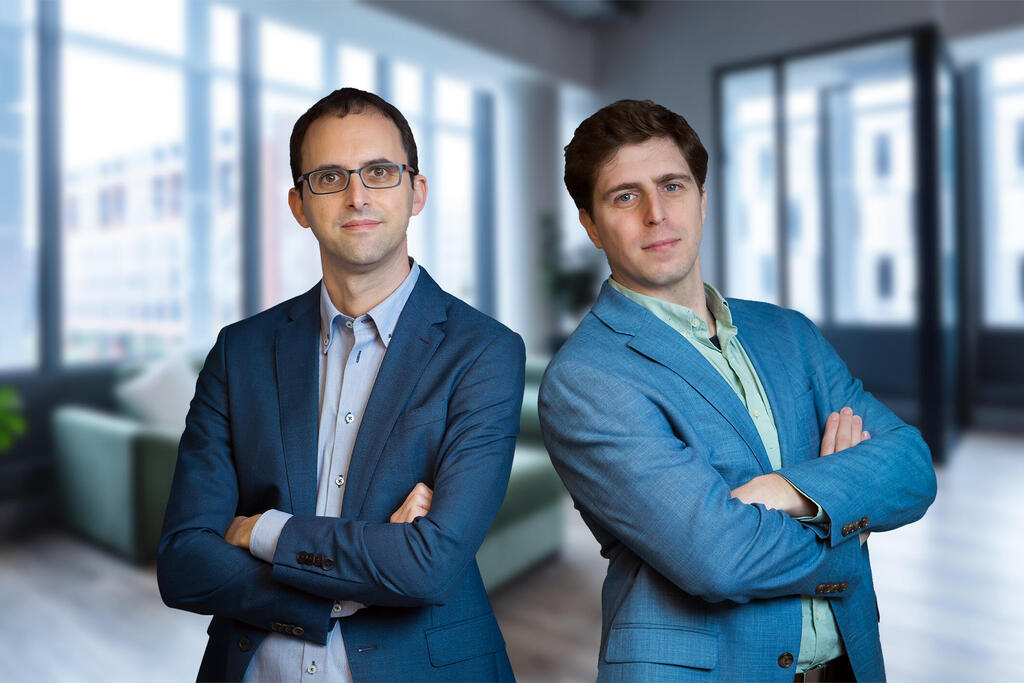
QuantHealth secures $2 million in funding from Accenture and other investors to deliver AI-powered clinical trial simulations
This announcement extends the Israeli startup’s recent $15 million Series A and comes on the back of the launch of its latest product, Katina, which provides clinical researchers with an AI-guided workflow that simulates hundreds of thousands of potential trial protocol combinations of patient groups, treatment parameters and different endpoints, to maximize the trial success probability
QuantHealth, an AI-powered clinical trial design company that simulates clinical trials, announced on Monday that it has received a strategic $2 million investment from Accenture Ventures along with participation from a leading CRO firm and additional investors. The new capital brings the total Series A round amount to $17 million and will enable QuantHealth to enhance its platform.
With proprietary AI technology trained on a massive dataset of 350 million patients, large biomedical knowledge-graphs, and clinical trial data, QuantHealth’s simulation platform can predict trial outcomes with 86 percent accuracy on the binary endpoint metric. According to the company, it can test thousands of protocol variations and discover the optimal trial design for success, helping research and development (R&D) teams more accurately and rapidly develop and optimize trial protocols.
This announcement extends QuantHealth’s recent $15 million Series A funding round to $17 million co-led by Bertelsmann Investments and Pitango HealthTech, with participation from existing investors Shoni Top Ventures and Nina Capital. The funding also comes on the back of QuantHealth’s latest product launch, Katina, which provides clinical researchers with an AI-guided workflow that simulates hundreds of thousands of potential trial protocol combinations of patient groups, treatment parameters and different endpoints, to maximize the trial success probability.
“Clinical trials are a costly and uncertain process, where the R&D cost of a new drug can be upwards of $1 billion,” said Orr Inbar, co-founder and CEO of QuantHealth. “QuantHealth has created a solution that uses AI to transform how pharmaceutical companies approach their clinical trials. We’re able to seamlessly integrate data and cloud technology into the clinical trial process, not only saving time and money for pharmaceutical companies, but also increasing the chance of success in drug development. Accenture’s long standing experience in this industry and leadership in data and AI will help us continue to scale our platform globally.”
Clinical trials can cost billions of dollars to execute, with less than 10 percent of drugs making it to market. Trial failures account for an estimated $50 billion in losses annually, which is roughly 20 percent of the global pharmaceutical R&D budget. Lack of drug-population fit and drug-protocol fit account for most of these failures. By simulating trials at scale, QuantHealth’s platform can lower risks, expedite, and optimize drug development. QuantHealth is already working with several global pharmaceutical companies to use its product in clinical trial design and development.














